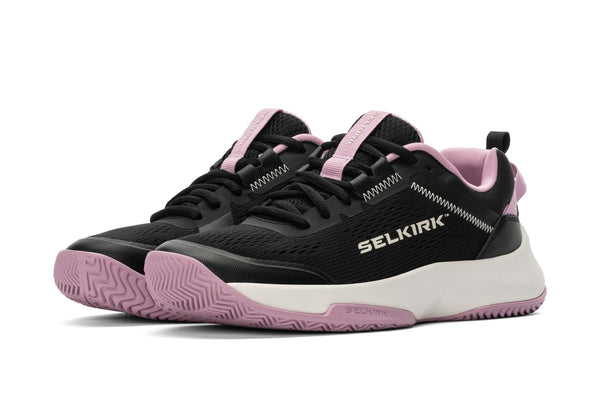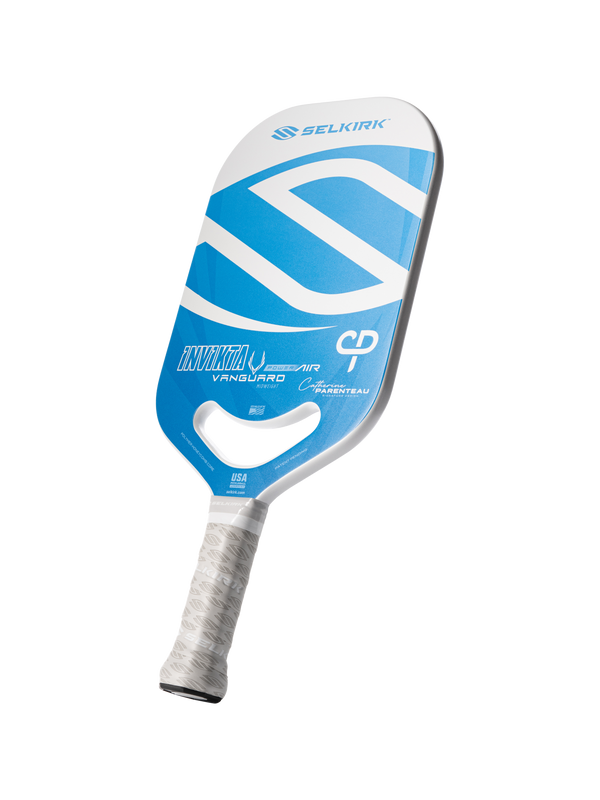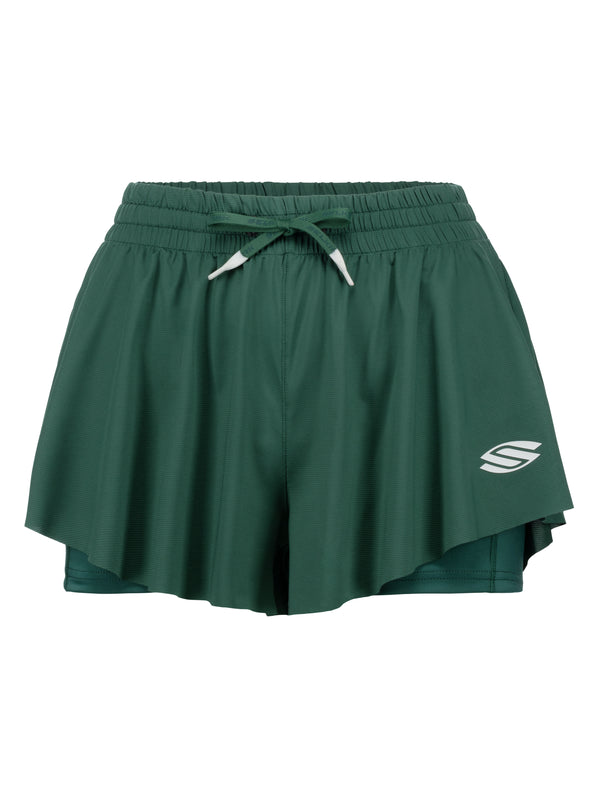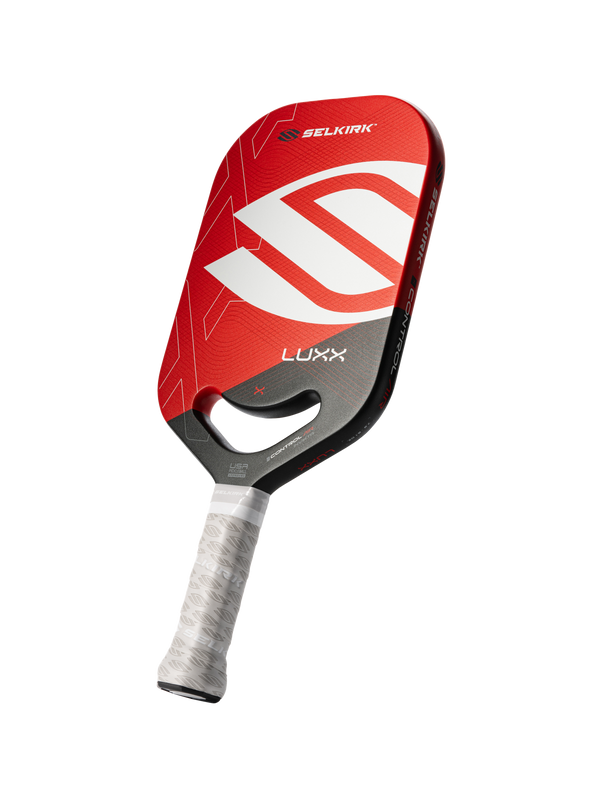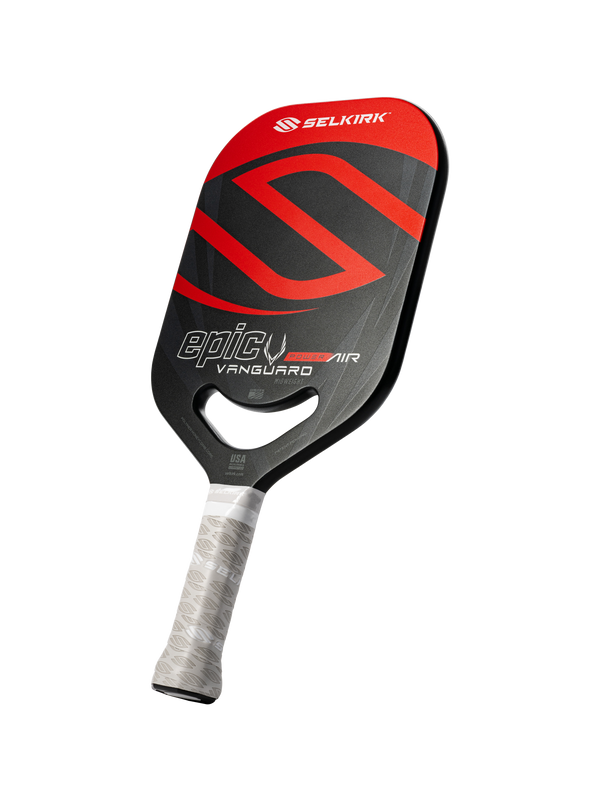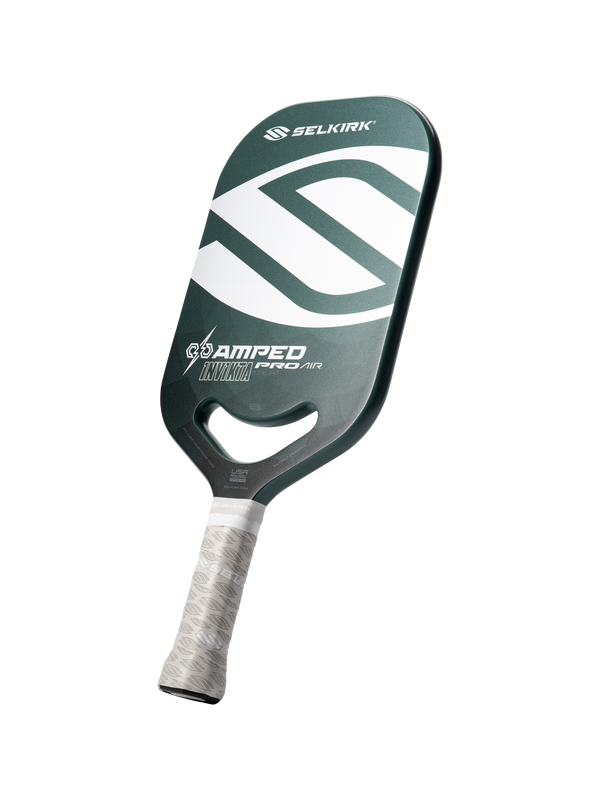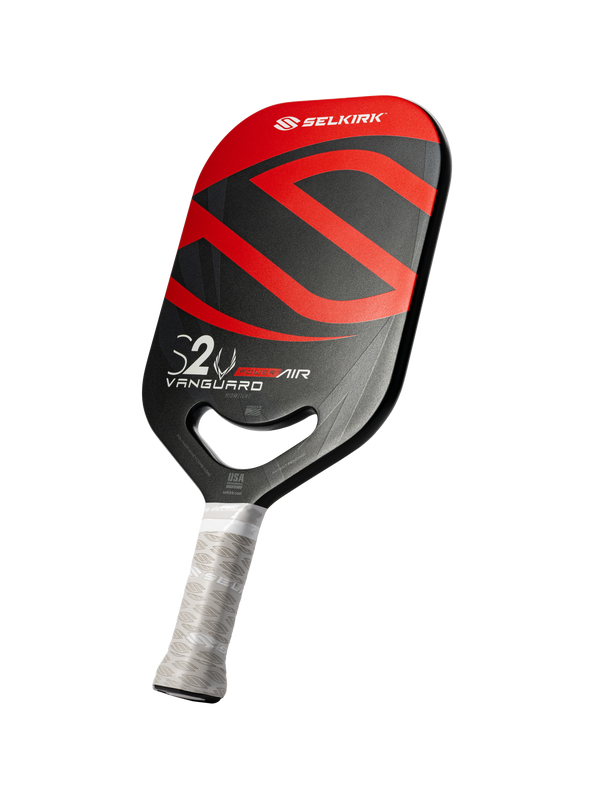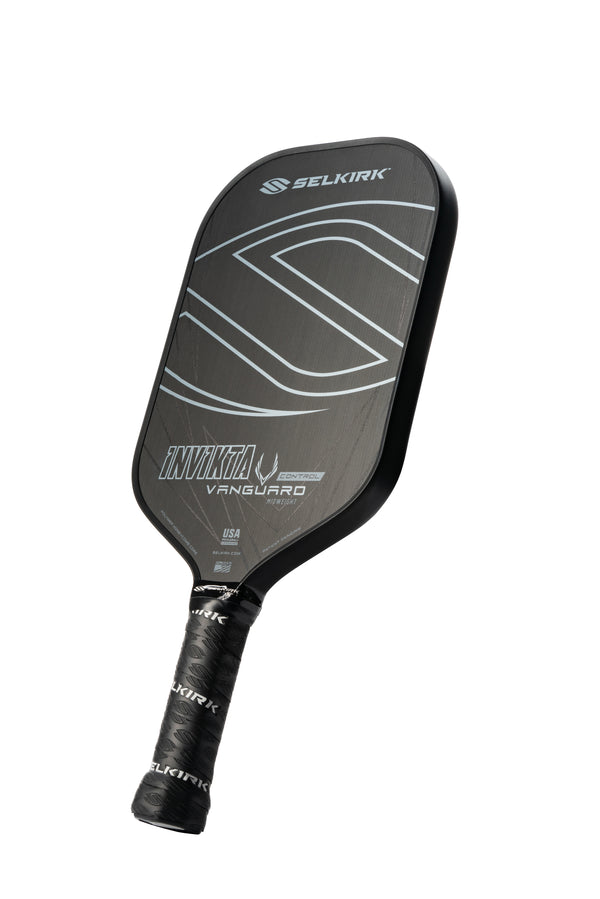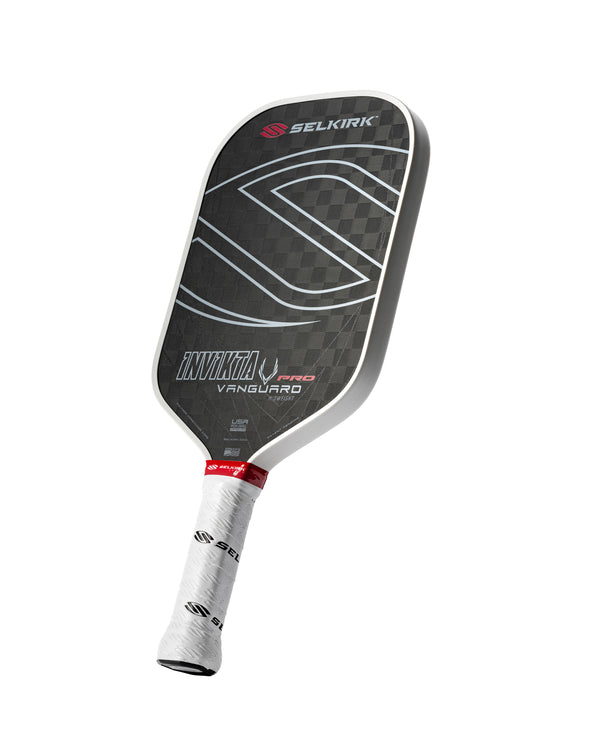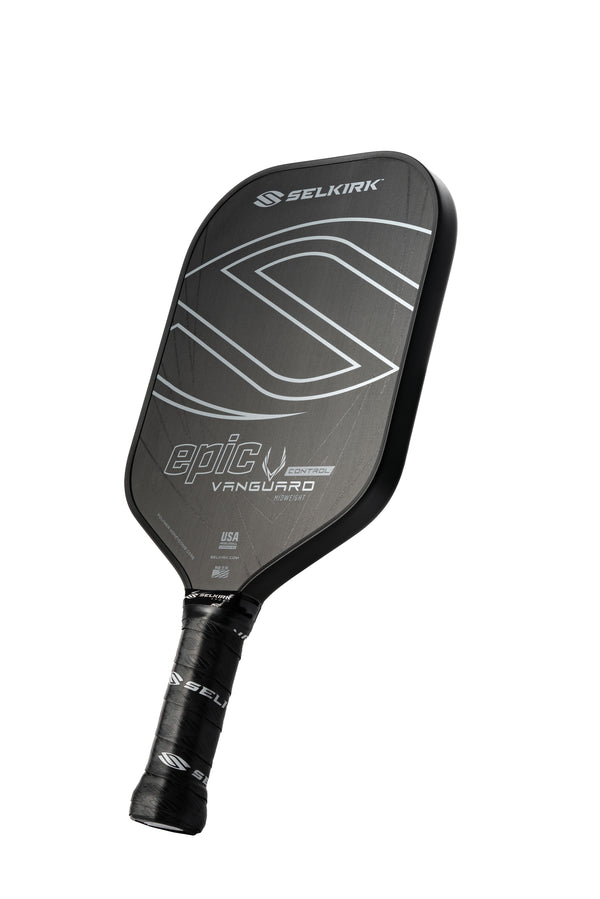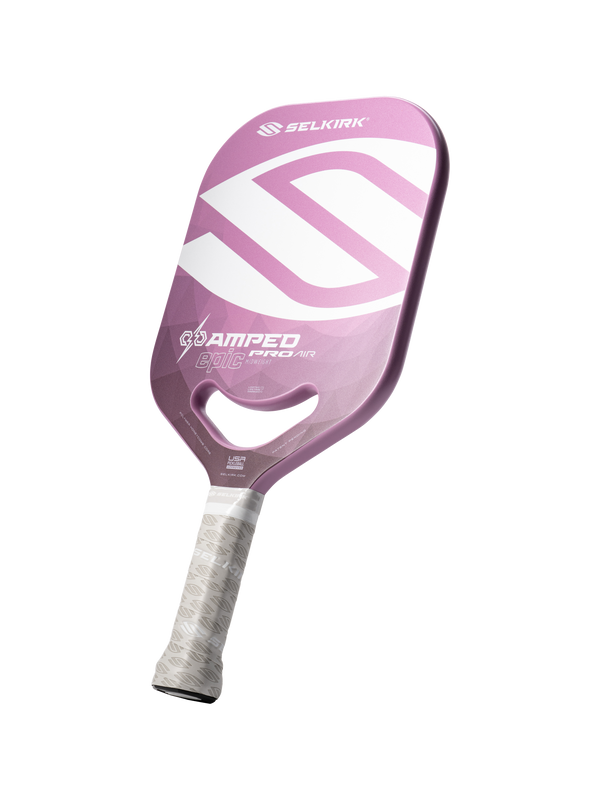Open play is one of the best ways to improve your game, meet new people, and enjoy the pickleball community. But what happens when the skill levels aren’t evenly matched?
Whether you’re the most advanced player on the court or just starting out, good etiquette is key to keeping open play fun, inclusive, and safe for everyone.
When a better player takes over the court
Scenario: You’re at open play, and a stronger player joins the rotation. That’s great, you'll be able to challenge your game — until they dominate the match, smash every point, and don’t even make eye contact afterward.
We all want to play our best, but open play isn’t a tournament. If you find that you're the stronger player, remember to:
-
Adjust your game. Work on finesse shots, third-shot drops, or your soft game instead of overpowering opponents.
-
Rotate partners. Give others a chance to play with and against a variety of skill levels.
-
Be inclusive. If you’re pairing up, avoid cliques and invite less experienced players to join.
If you’re on the receiving end:
It’s OK to feel frustrated. Focus on what you can learn from your opponent's game, and don’t let someone else’s ego ruin your day. You might say:
“Hey, mind if we mix it up with a few softer rallies?”
“I’m really working on my drop shot — mind slowing things down a bit?”
When you're the most skilled player on the court
Being the best player in the open play group comes with responsibility. Although you might easily be able to dominate play, it's important to keep it fun for everyone.
We’ve all been the new player once, and if you're looking for a more competitive match, set up a private group instead. If someone’s clearly less experienced:
Keep the game balanced
-
Don’t dominate just to win. Instead, use matches as an opportunity to refine non-dominant skills or play more strategically.
-
Include everyone. Say:
“Want to play one more? Let’s switch teams to keep it interesting.”
-
Avoid coaching unless asked. Even if your advice is solid, unsolicited tips can feel patronizing. Try:
“Let me know if you ever want feedback — happy to help!”
Keep a positive attitude
-
Be patient. Remember, they’re likely just as nervous about messing up as you were when you started.
-
Make it fun. Keep rallies going and avoid targeting less experienced players unfairly.
-
Avoid showboating. Nobody likes a hotshot, especially if it’s at someone else’s expense.
Consider saying:
“Hey, you’ve got a great serve! Want to team up again?”
“Let’s try to get a rally going — those are always more fun.”
Consider physical abilities and safety
Open play is often a mix of ages and mobility levels. It’s good etiquette — and just plain decent — to be mindful of others’ physical limits.
-
Avoid lobs against players with limited mobility.
-
Play a soft game if drives are hard for someone to block.
-
Don’t exploit weaknesses for easy points.
When in doubt, ask:
“Are you comfortable with fast-paced play, or should we slow it down a bit?”
Open play is about community, not competition
Open play is meant to be fun, social, and welcoming. It’s a time to test your skills and meet new partners, not prove you're the best on the court.
Bottom line: Be kind. Play fair. Mix it up. Everyone gets better when the environment is positive.
Consider these phrases to help to set the tone:
“Let’s keep it fun, yeah?”
“Win or lose, I just love getting out here with new people.”



